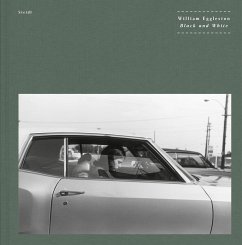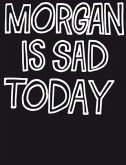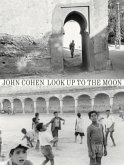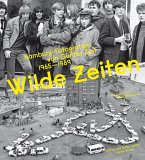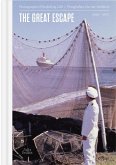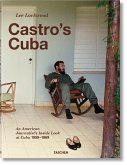Black and White is an updated and expanded edition of William Eggleston's Before Color (Steidl, 2012), the first publication to comprehensively present Eggleston's early black-and-white photos and explore his artistic beginnings.
In the late 1950s Eggleston began photographing his hometown of Memphis, discovering many of the motifs that would come to define his seminal work in color: the diners, cars, gas stations, supermarkets, domestic interiors, and the seemingly mundane gestures and vacant expressions of his fellow citizens. Here are also his unconventional, sometimes tilted croppings, and above all his emphasis on the beautiful in the banal. In the mid-1960s Eggleston began working with color and after experimenting with different exposure settings he was soon pleased with the results-"And by God it all worked. Just overnight." He subsequently abandoned black-and-white photography but its influence on his original vision of the American everyday remains fundamental.
Hinweis: Dieser Artikel kann nur an eine deutsche Lieferadresse ausgeliefert werden.
In the late 1950s Eggleston began photographing his hometown of Memphis, discovering many of the motifs that would come to define his seminal work in color: the diners, cars, gas stations, supermarkets, domestic interiors, and the seemingly mundane gestures and vacant expressions of his fellow citizens. Here are also his unconventional, sometimes tilted croppings, and above all his emphasis on the beautiful in the banal. In the mid-1960s Eggleston began working with color and after experimenting with different exposure settings he was soon pleased with the results-"And by God it all worked. Just overnight." He subsequently abandoned black-and-white photography but its influence on his original vision of the American everyday remains fundamental.
Hinweis: Dieser Artikel kann nur an eine deutsche Lieferadresse ausgeliefert werden.

